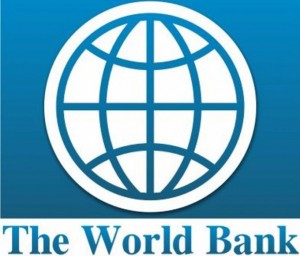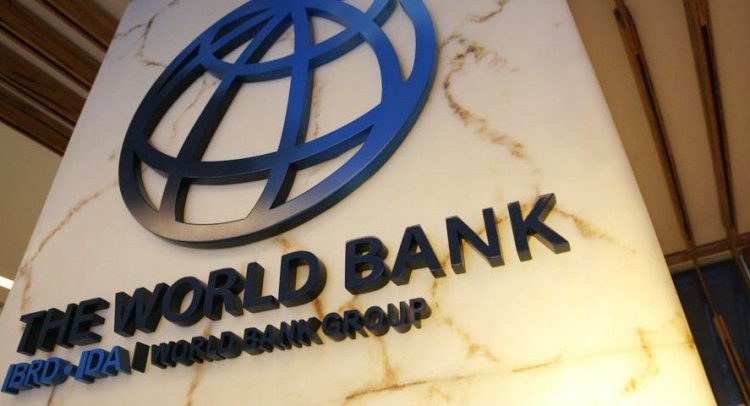

 The World Bank’s Ghana Public Finance Review report 2024 has outlined how the country’s GDP growth was fueled by debt accumulation.
The World Bank’s Ghana Public Finance Review report 2024 has outlined how the country’s GDP growth was fueled by debt accumulation.
The report titled, “Building the Foundations for a Resilient and Equitable Fiscal Policy,” notes that Ghana’s development path, although registering past successes, faces a series of current and future challenges.
The report points out the fact that Ghana succeeded in halving its poverty rate between 1991 and 2016, from 87 percent ($3.65 per day in 2017 purchasing power parity [PPP]) to about 50 percent of the population, outpacing progress across Sub-Saharan Africa (SSA), along with improvements in health and education indicators.
However, this growth acceleration was sustained by increasing fiscal and external imbalances, which fueled debt accumulation.
According to the report, the total fiscal deficit averaged around 4 percent of GDP between 2008 and 2019-more than twice as much as in 2000-2007-while total expenditures averaged 19 percent of GDP-6 percentage points higher than in 2000-2007.
Ghana Public Finance Review 2024Although public debt had been substantially reduced through HIPC relief during 2002-2004, it returned to an upward trajectory in the decade to 2019, driven by fast-rising external commercial debt (notably Eurobonds), the report said.
“By 2019, public debt had reached 60 percent of GDP, split equally between domestic and external liabilities. Annual interest payments almost quadrupled as a share of GDP, from 1.4 percent in 2007 to 5.5 percent in 2019,” the report added.
As a result, Ghana’s progress on poverty reduction and inclusive growth has subsequently suffered recent setbacks, the report notes.
It also points to recent global crises that have pushed poverty upward, as the country faces multiple challenges.
“Ghana needs to provide more and better jobs and foster inclusive productivity growth, especially through investments in human capital. At the same time, the country’s growth path is increasingly vulnerable to climate change and climate-related shocks. Tackling these challenges will require fiscal policy to promote macroeconomic stability,” the report said.
By Emmanuel K Dogbevi
The post How Ghana’s fast GDP growth was fueled by debt accumulation – World Bank report appeared first on Ghana Business News.
Read Full Story














Facebook
Twitter
Pinterest
Instagram
Google+
YouTube
LinkedIn
RSS